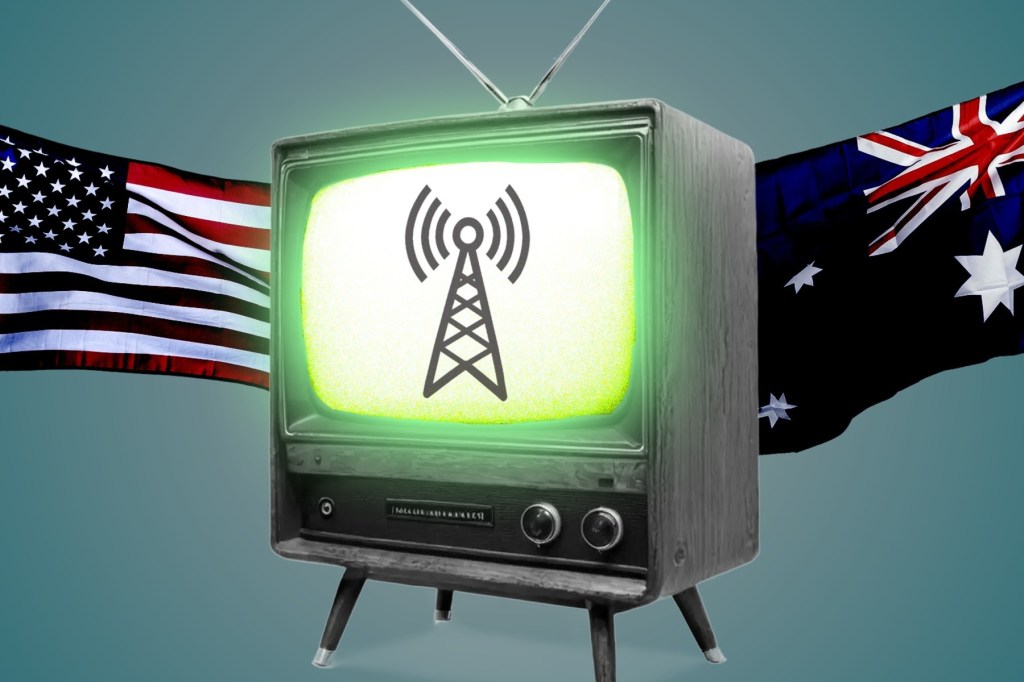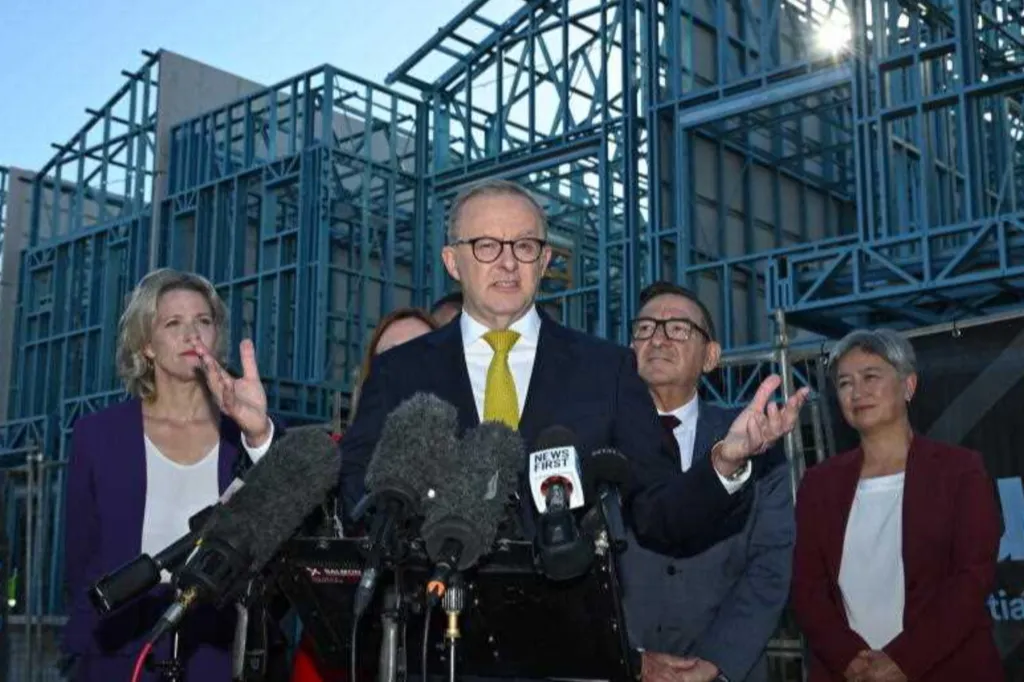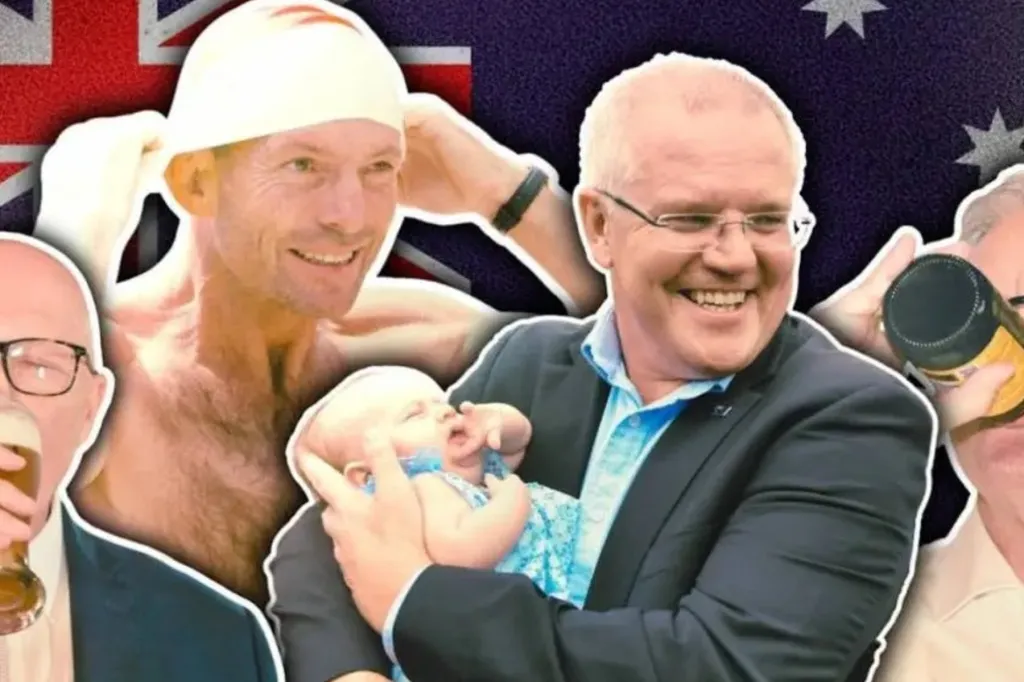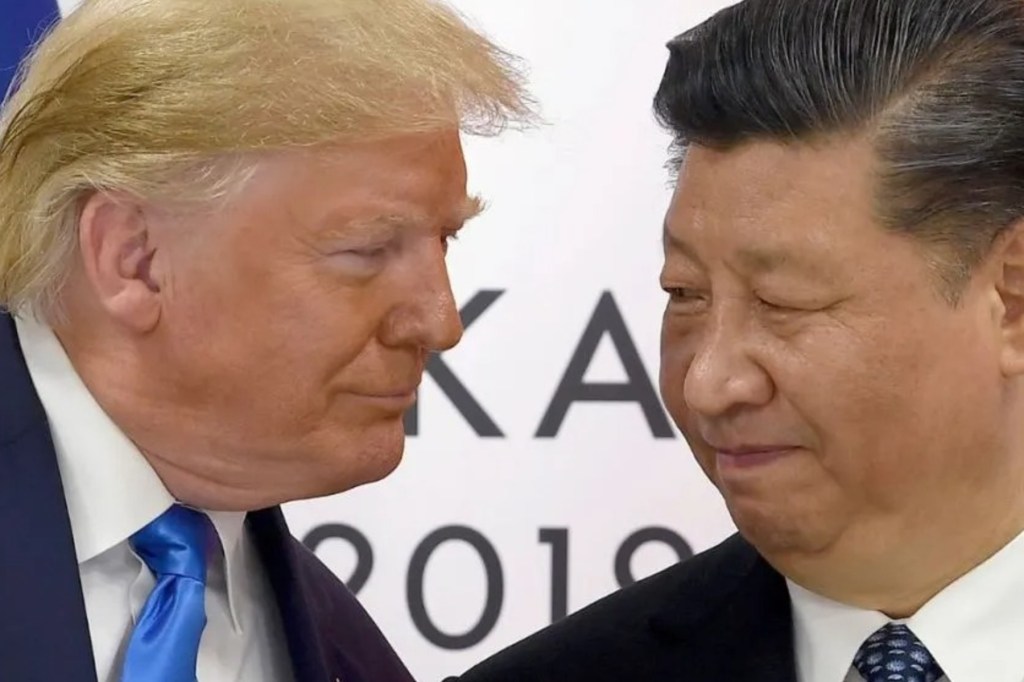Why we should give teens the right to vote
Teenagers are old enough to pay taxes and face adult criminal charges, so John Tobin explains why they should also have the right to vote.

Last week I was walking through the city of Melbourne near St Patrick’s Cathedral when a large, white, metal scroll-like sculpture caught my eye. I wandered across to read the plaque.
The work was titled Great Petition. It had been commissioned to represent the 30,000-plus signatures presented to Parliament in 1891 in support of women’s right to vote.
It took another 17 years until that right was finally realised in 1908.
On May 3, approximately 18 million Australians – women and men – will go to the polls and exercise their right to vote. It is the touchstone of our democracy. To borrow the words of Abraham Lincoln, it’s the opportunity to ensure government of the people, by the people, for the people.
But it’s not really. Because no one under 18 is entitled to vote.
Funny – because teenagers aren’t too young to pay taxes, they aren’t too young to do adult time for adult crime, and they aren’t too young to pay full-price adult admission fees to the Melbourne Cricket Club members’ reserve.
You might like
The litany of arguments to defend the status quo are well known. They were all raised in a parliamentary inquiry several years ago, which rejected an expansion of the franchise. Teenagers lack the intelligence, insight and maturity to understand politics and cast an informed vote. The problem with this argument is that the right to vote is not conditional on a capacity to understand politics.
Research also indicates that teenagers are actually much smarter than we recognise. Yes, they may still be developing, but most experts “assert that a 16 year old has sufficient cognitive capacity and critical thinking to make political decisions independently”.
But teenagers are said to be vulnerable and ripe for manipulation by politicians. They are also selfish and will only want policies that serve their own interests, which will skew the policy landscape. Really?
Point 1 – did anyone pick up a common theme in the media coverage after last week’s federal budget speech and opposition reply? The focus was – what do I (as an adult) get? An extra coffee a week from one party, cheaper petrol for 12 months from another. Never mind that we also have serious issues on just about every front including housing affordability, growing debt and climate change.
Point 2 – has anyone noticed that the social movement against climate change is being led by young people? Advocating for the well-being of the planet and future generations doesn’t strike me as being self-absorbed.
The arguments against expanding the franchise keep coming. Here’s a common one. Surveys continually show that the expansion of the right to vote to older teenagers is opposed by an overwhelming majority of Australians – 80-90 per cent.
Stay informed, daily
But who completed the survey? The answer – adults. We also have to remember that if we make the enjoyment of a fundamental right, including the right to vote, conditional on majority support, we are on a slippery slope.
Our cousins across the Tasman are also grappling with this issue. In 2022 the New Zealand Supreme Court held that the denial of the right to vote for children aged 16 and 17 was a form of discrimination based on age. It rejected all the arguments used to deny them the right to vote and held that there was no reasonable justification for this differential treatment.
The New Zealand parliament refused to amend the electoral law. But other jurisdictions allow 16- and 17-year-olds the right to vote – Scotland, Ecuador, Brazil, Austria, Greece and Indonesia to name just a few. And the sky has not fallen in.
In fact, in a study of five Latin American countries, lowering the voting age was shown to have a positive and “significant impact on trust in political parliaments and parties”.
In 1908, women were granted the right to vote and it took until 1962 for First Nations Peoples to enjoy this right. It was a long struggle for both groups. But young people in Australia are still waiting. They have advocates for their cause. The youth-led non-government organisation Make it 16 does extraordinary work in this space. But it needs allies.
So the invitation is there – Google them and sign their electronic petition.
It may not have the same symbolic power as the physical roll of paper with 30,000 signatures arranged by the suffragettes. But it still sends a message to our leaders that the opinions and views of young people matter when it comes to the government of Australia.
As the website for the Australian Electoral Commission proclaims, “The effectiveness of our democracy depends on the active participation of all Australian citizens”. As a society, we are increasingly recognising the need to take children’s views into account in all matters that affect them. The UN Convention on the Rights of the Child requires no less.
But if we are to treat their views seriously as they age and mature, is not the next logical step to extend the right to vote to teenagers? It’s certainly a debate worth having– let’s just ensure we include the young Australians we are talking about.
Professor John Tobin holds the Francine V McNiff Chair in International Human Rights Law in the Melbourne Law School at the University of Melbourne.




